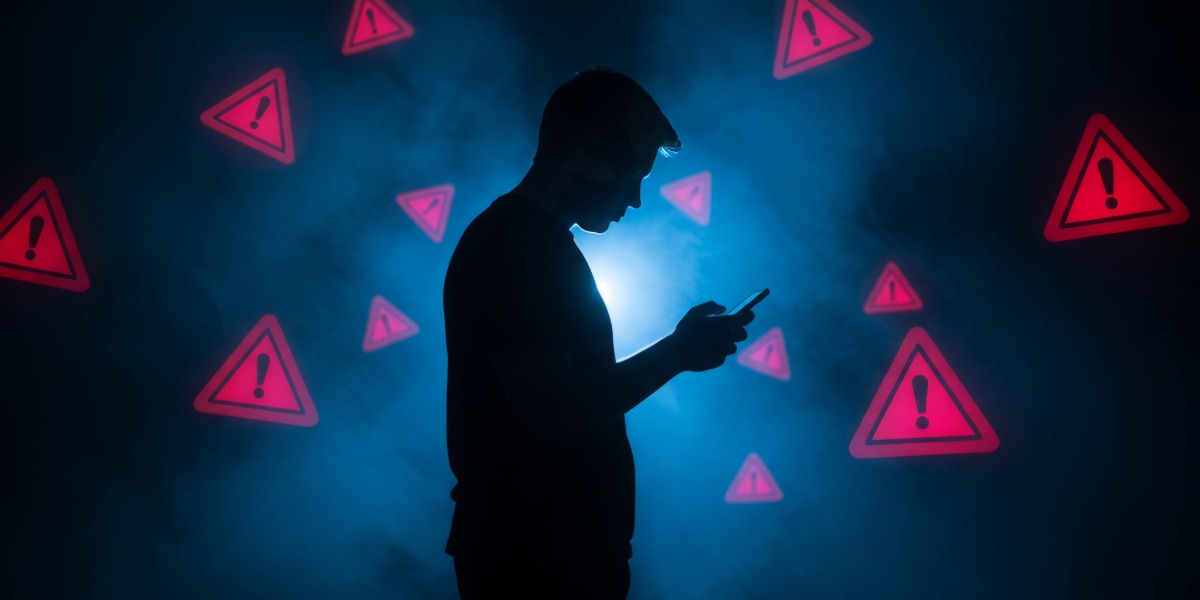As 20% of Australians are now turning to social media as their primary news source, the over-consumption of negative news is exacerbated by the speed, convenience and constant stream of commentary that social media amplifies.
We have always lived with global crises but today, the way we encounter and interact with them is profoundly different. With just a tap, we are now witnessing suffering unfolding in real time, which is contributing to nearly one in five Australians experiencing an anxiety disorder. This comes as Aussies aged 15 to 34 years old are reporting the highest rate of anxiety and this age group is coincidently spending the most time online.
As a psychotherapist, I have noticed a striking pattern in the patients coming into my practice. An increasing number of people, especially young Australians, are feeling perpetually anxious and trapped in a cycle of consuming distressing world events, yet powerless to make a change.
Left unchecked, anxiety can do more than cause worry. It can disrupt relationships, affect sleep, and lead to harmful coping behaviours such as substance use or compulsive online habits. Early awareness is crucial which is why at South Pacific Private, we’re encouraging Australians to take a moment to reflect on their own anxiety and recognise the signs before they become overwhelming. We’ve developed an online anxiety self-assessment that helps people identify how their worries might be affecting their wellbeing.
If you feel overwhelmed with the world’s crises, here are some micro-habits you can incorporate into your daily life to manage your anxiety.
- Go on a digital detox. Spend some time away from your digital devices each day by setting app time limits on your phone to reduce stress and stay present in real life.
- Start a gratitude journal. Write one thing you are grateful for everyday to ground yourself build a positive mindset.
- Exercise mindful breathing. Take a few deep, intentional breaths whenever you are feeling overwhelmed to relax your body and mind.
- Get some movement in. Incorporate short walks or stretches into your day to reduce physical tension and boost your mood3.
It’s also important to understand and take notice of things that trigger your anxiety flare-ups. If you notice your emotions constantly responding negatively to a certain piece of news or topic on social media, it’s a good idea to mute the conversation keywords to give yourself a break from it. Anxiety symptoms can also be exacerbated by excessive amounts of caffeine and alcohol intake. Working on leading a healthy lifestyle and diet can contribute to reducing anxiety and stress.
In an age of endless updates, perhaps the most radical act of self-preservation is this: pause, breathe, and take stock of your own state of mind. If the world feels overwhelming, don’t face it alone; seek support, talk to someone, or take that small step of self-assessment. Sometimes, that pause can be the beginning of feeling safe again.
Diane Young is a trauma specialist and psychotherapist at South Pacific Private, a trauma, addiction and mental health treatment centre.
Got something on your mind? Go on then, engage. Submit your opinion piece, letter to the editor, or Quick Word now.


They are not powerless, they’re hooked like junkies on social media, frying their brains, killing rational thinking for likes.
Bunch of Cookers.